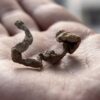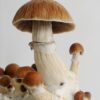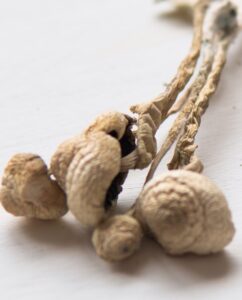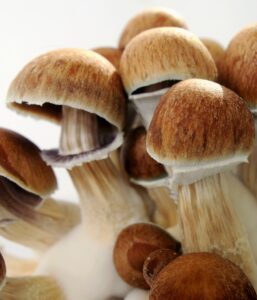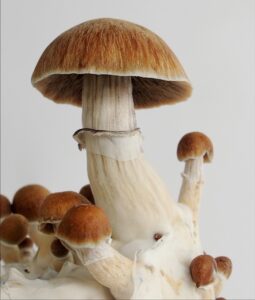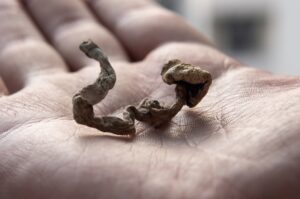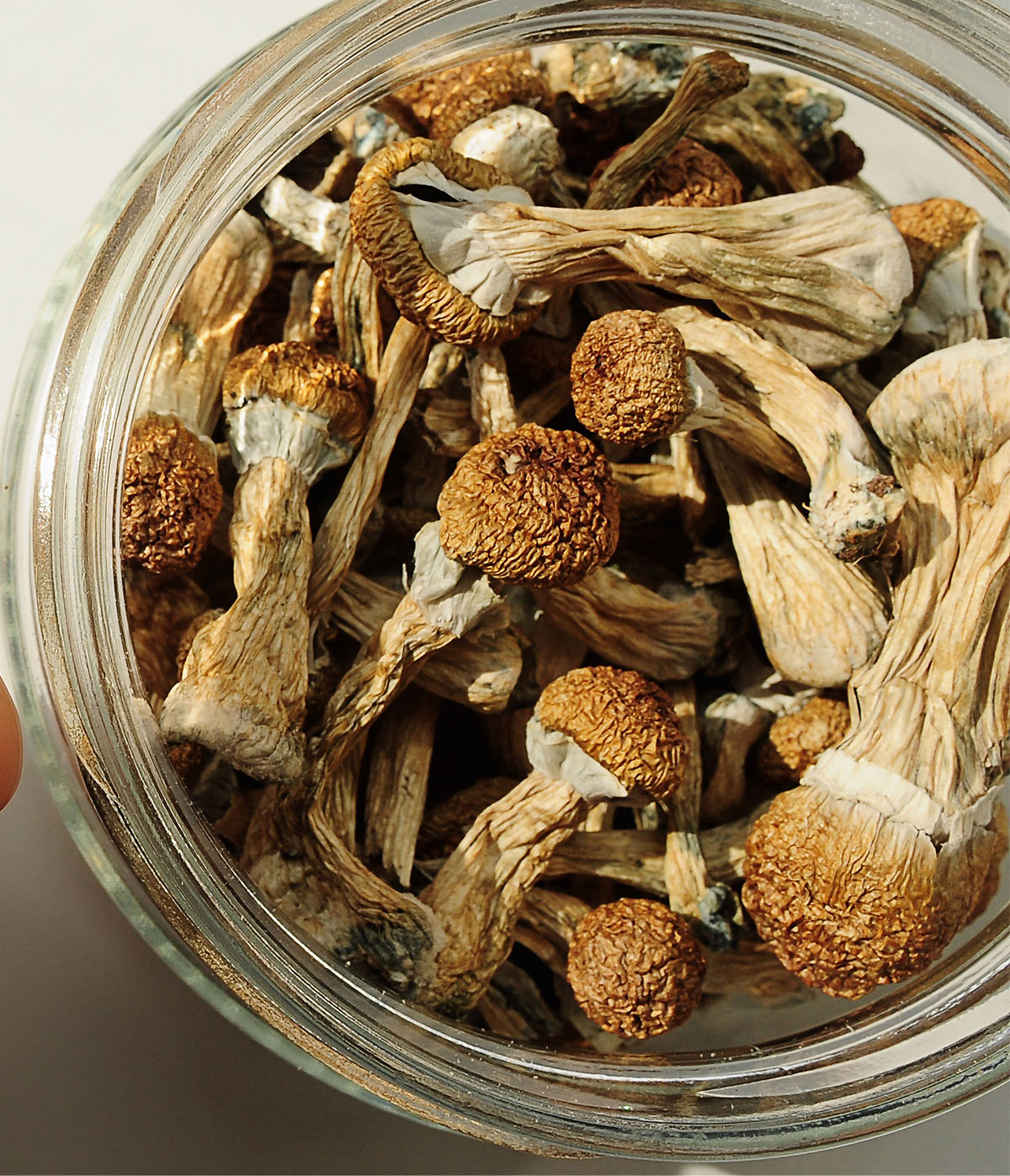
Summary of article by Pauline Anderson et al., published in Medscape, on April 18, 2023.
A recent open-label pilot study published in the Journal of Psychopharmacology has shown promising results for the use of psilocybin, the psychoactive compound found in hallucinogenic mushrooms, in treating body dysmorphic disorder (BDD). The study involved 18 participants with moderate to severe BDD who underwent a single-dose psilocybin-assisted psychotherapy session. Participants experienced a significant decrease in BDD symptom severity, with a mean reduction of 45% on the Yale-Brown Obsessive Compulsive Scale Modified for BDD (BDD-YBOCS) at the two-month follow-up.
The study also found improvements in other secondary outcome measures, including quality of life, depression, anxiety, and suicidality. At the two-month follow-up, 72% of participants no longer met the diagnostic criteria for BDD, and 89% experienced a reduction in depressive symptoms. Suicidal ideation also decreased, with 56% of participants reporting a reduction at the two-month follow-up. Importantly, no serious adverse events were reported during the study.
The researchers acknowledged the limitations of the open-label pilot study, which included a small sample size and the absence of a control group. However, they emphasized the need for further research, including randomized controlled trials, to evaluate the safety and efficacy of psilocybin-assisted psychotherapy for BDD.
Body dysmorphic disorder is a psychiatric condition characterized by a persistent preoccupation with perceived defects or flaws in one’s physical appearance, which often leads to significant distress and functional impairment. Currently available treatments, such as cognitive-behavioral therapy and selective serotonin reuptake inhibitors, show limited effectiveness in some patients. The promising results of this study suggest that psilocybin-assisted psychotherapy may provide a novel treatment approach for individuals suffering from BDD.
In conclusion, the open-label pilot study indicates that psilocybin-assisted psychotherapy could be a potential treatment option for body dysmorphic disorder, with significant reductions in symptom severity, depression, anxiety, and suicidal ideation. However, further research, including larger randomized controlled trials, is necessary to confirm these findings and to establish the safety and efficacy of this treatment approach.

